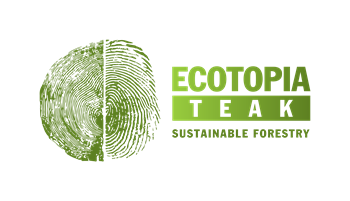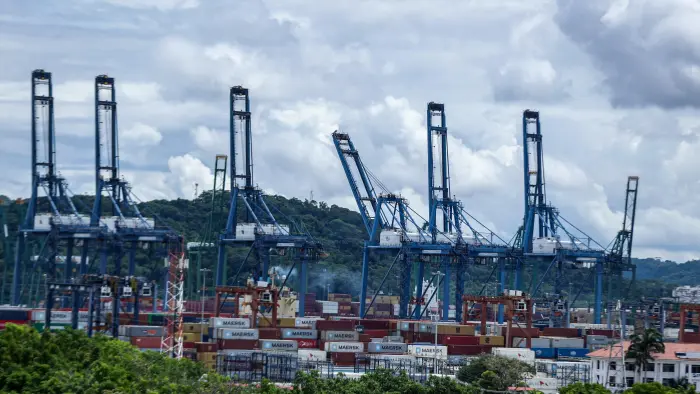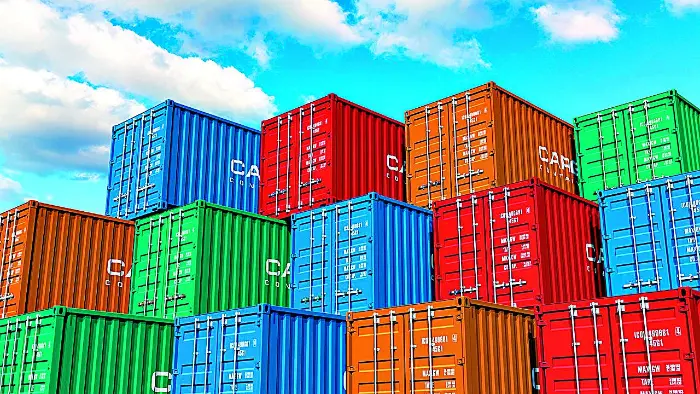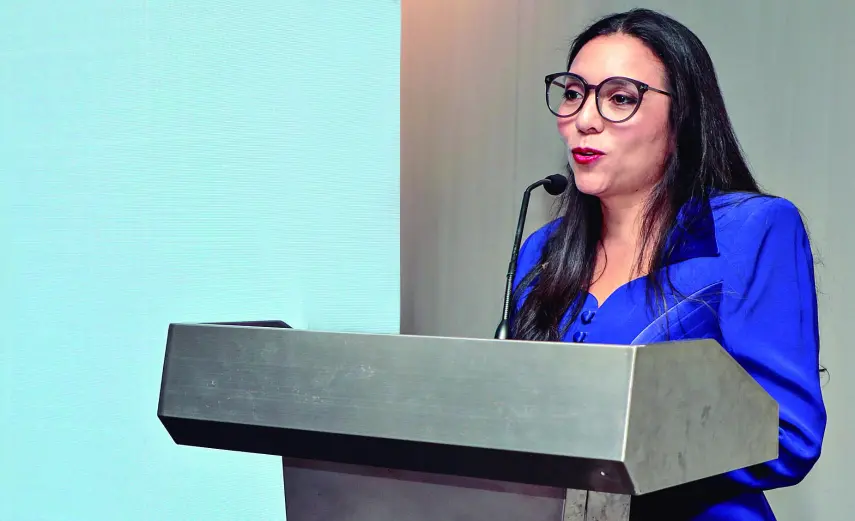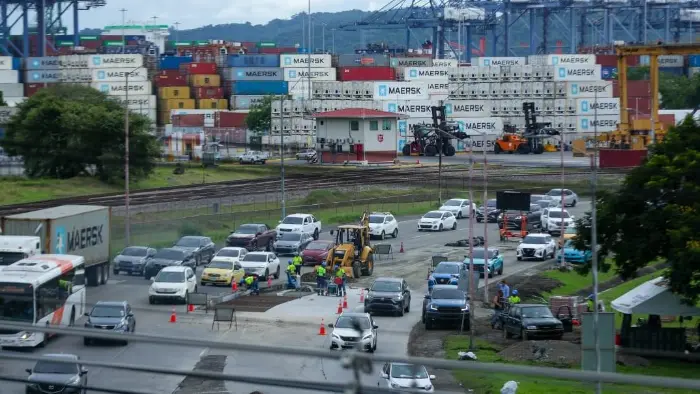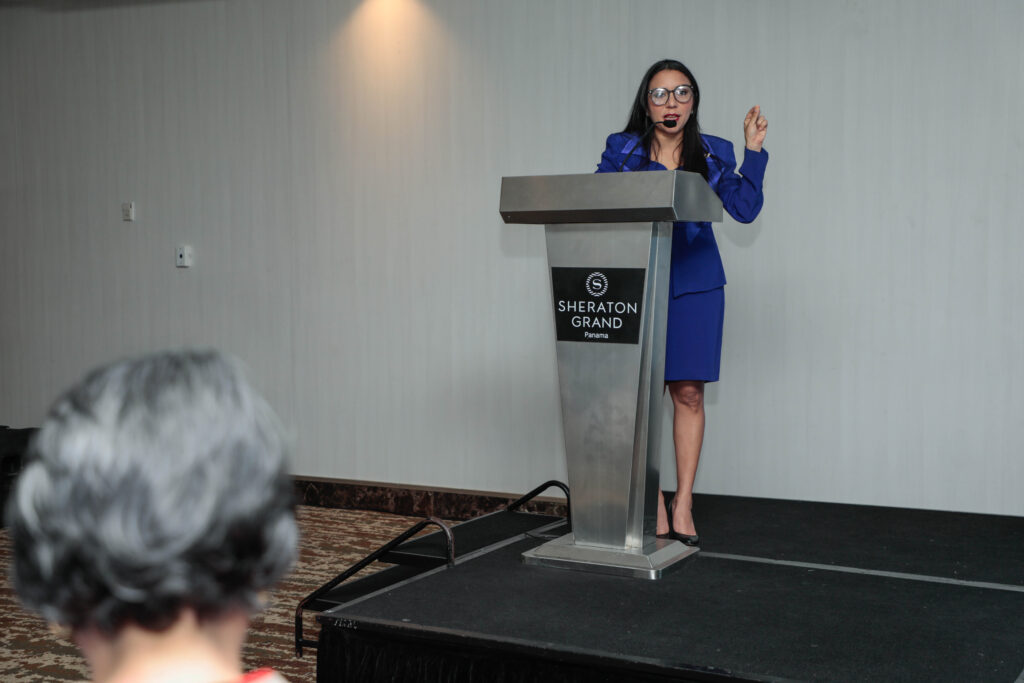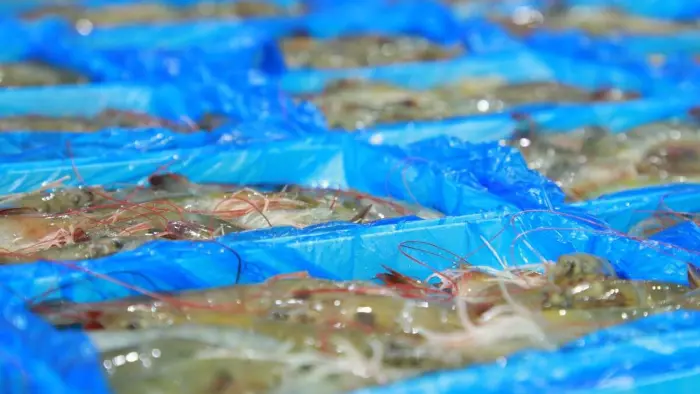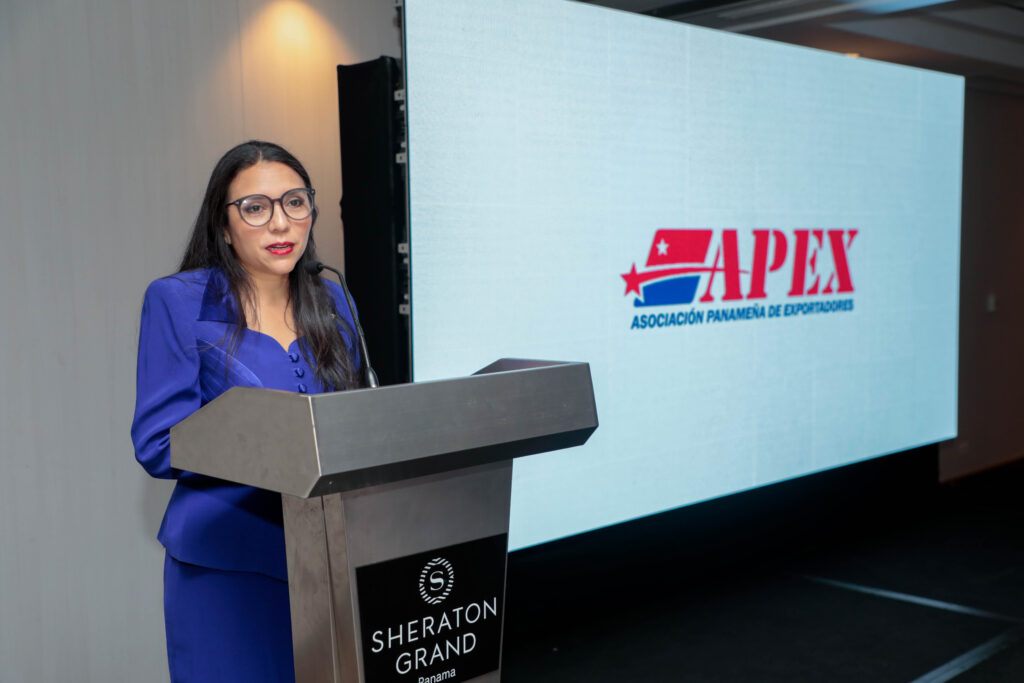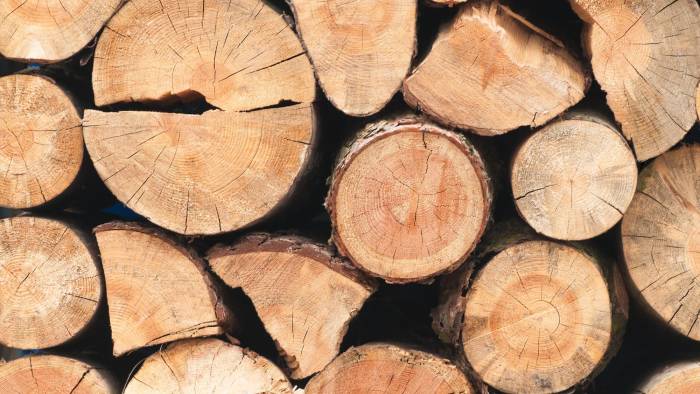Panamanian exports, shielded from Trump’s tariff policies
APEX: Panamanian Exporters / Association /Tariffs /Donald Trump /United States Experts in the field believe that it is unlikely the United States will impose tariffs on Panama for the simple reason that it exports many more products to Panama than Panama exports to the United States. Amid the tariff policies that U.S. President Donald Trump has imposed on Mexico, Canada, and China, Panamanian exports could be shielded from any retaliation. Todd Martinez, Senior Director, Sovereigns at Fitch Ratings, during an event by the rating agency, told La Decana that Panama does not export many goods to the United States, so Trump’s tariff threats would not be directly aimed at a country with less than $1 billion in exports, especially now that it lacks mining activity. “We see some shielding in that Panama does not export many goods to the United States, so the tariffs imposed on everyone would not have a very strong impact on Panama, but they would have an indirect impact on trade through the ports located in the Canal,” Martinez explained. Bianca Morán, President of the Panamanian Exporters Association (Apex), emphasized that “it is highly unlikely that the United States would decide to apply tariffs to Panama, for the simple reason that the United States exports much more product to Panama than Panama exports to the United States.» Morán reminded that the tariffs the United States is applying are to countries experiencing production deficits, such as Mexico and Canada. However, she clarified that “if taxes are applied to us, we would be out of competition because production in Panama is very expensive. For example, electricity is expensive and inefficient. However, the only advantage we have is logistics, as containers are much cheaper for us.” The President of Apex mentioned that Panamanian producers in the U.S. market could benefit from increased sales if Mexican or Canadian products are removed from the system. The Senior Director, Sovereigns at Fitch Ratings emphasized that he does not believe Trump would impose taxes on the services sector, as Panama obviously depends heavily on trade with other countries. “We see it shielded in a certain sense, but it has undoubtedly been exposed in other ways, such as with the Panama Canal,” he said. Market The United States remained the main destination for Panamanian exports during 2024, with a total of $184.5 million out of $964.3 million in total exports, representing 19.1%, according to data from the Ministry of Commerce and Industry. Bananas, frozen shrimp, raw cane sugar, crude palm oil, iron or steel waste, fish oils and fats, fish meal, raw teak, antihistamine and antipyretic medications, decaffeinated roasted coffee were the main products exported. The President of Apex shared that much of this 19% consists of essential products, mostly from the food sector. «Although what we export is small at the macroeconomic level, this figure generates jobs in a sector that is not so easy,» defended Morán, who confessed that this week, some Panamanian producers are seeking business opportunities at the Seafood Fair held in Boston, United States. While some advantage could be gained from the existing trade agreements between Panama and the United States to improve the presence of national exports, Morán pointed out that, unfortunately, this agreement has never been fully utilized, despite having a list of more than 100 products. She mentioned that she does see some positive benefits in that Panamanian exports could take advantage of the tariff tensions imposed by the United States to seek more markets and diversify. This way, she said, there would be no dependency on the northern market. For example, she confessed that the German government is interested in developing or boosting the export capacity of Panamanian producers so that they are not dependent on exports to the United States. This same proposal is repeated in countries like Spain and the European Union bloc. Todd Martinez, Senior Director, Sovereigns at Fitch Ratings: “We see some shielding in that Panama does not export many goods to the United States, so the tariffs imposed on everyone would not have a very strong impact on Panama, but they would have an indirect impact on trade through the ports located in the Canal.” About us Ecotopia Teak, S.A., we are a family-owned company dedicated to reforestation, harvesting, and exporting wood from commercial plantations. We work under high production standards and with social responsibility to obtain high-quality wood according to the needs and demands of national and international markets. Additionally, we actively contribute to the local economy by creating employment opportunities in the communities where we operate. Our commitment is to lead the industry in sustainable reforestation and wood production, preserving our natural resources and building a greener and more sustainable future. Facebook-f Youtube Instagram More articles
Panamanian exports, shielded from Trump’s tariff policies Leer más »
